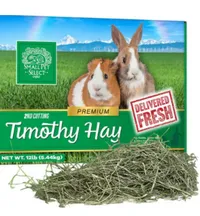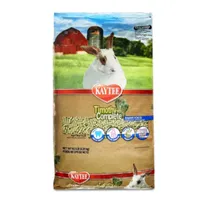We found out what plants are poisonous to rabbits – need to know for rabbit owners
Knowing what plants are poisonous to rabbits will keep your bunny safe and healthy. We spoke to a vet to find out which plants to avoid.
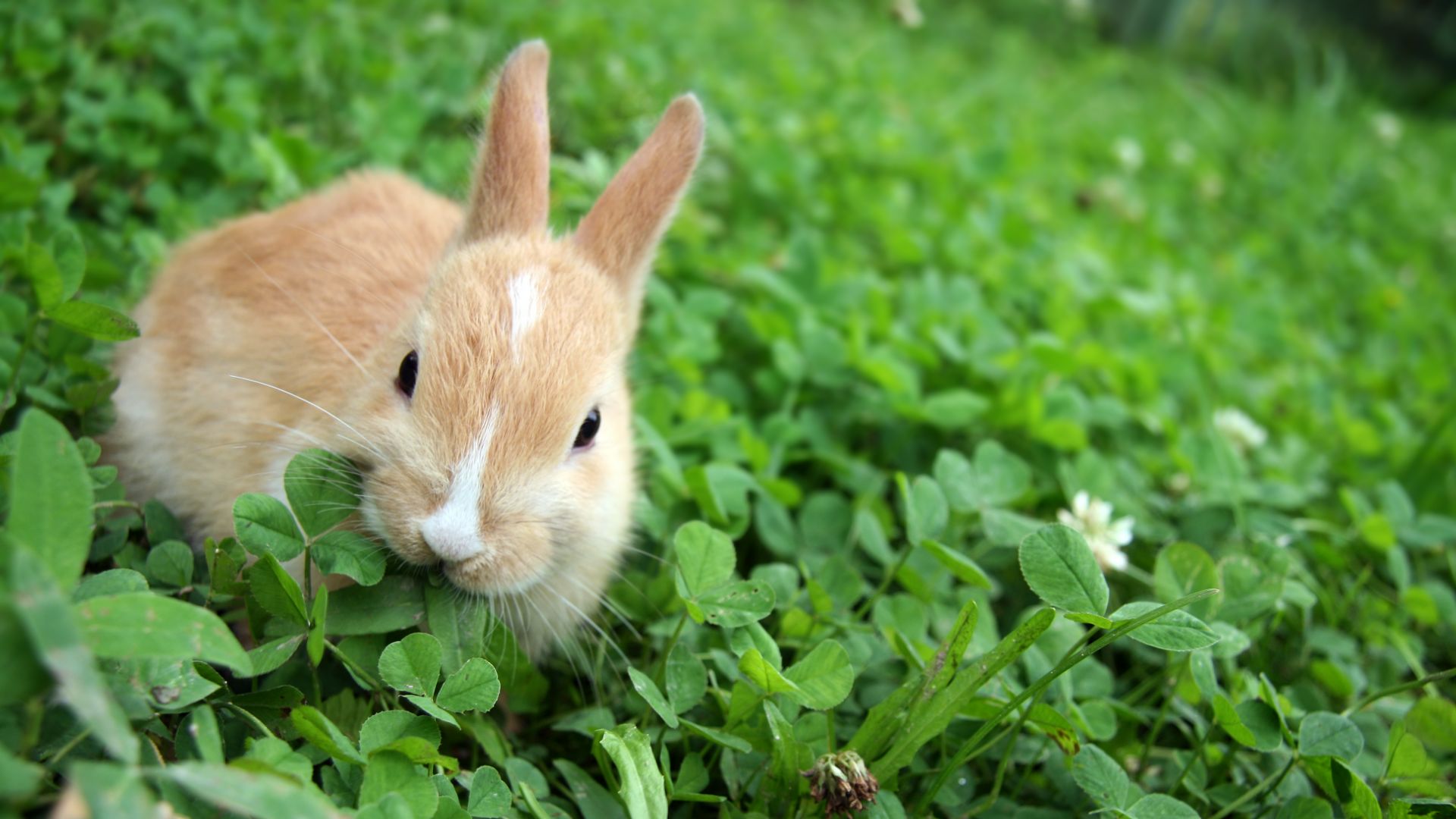
Knowing what plants are poisonous to rabbits is key to keeping them safe and healthy. Rabbits are herbivores, meaning they only eat plants so it can be easy to think that anything green is safe for bunnies, but this is not the case.
When it comes to what to feed a rabbit, the main thing to ensure is that they have access to plenty or the best hay for rabbits or grass. While you can certainly add some of the best rabbit food to their diet, grass and hay should be their main source of nutrition.
Now that we know what to feed a rabbit, let's get into the types of plants that your rabbit should never eat. Vet Dr. Rebecca MacMillan weighs in on which types of plants to steer clear of.
What type of plants are poisonous to rabbits?
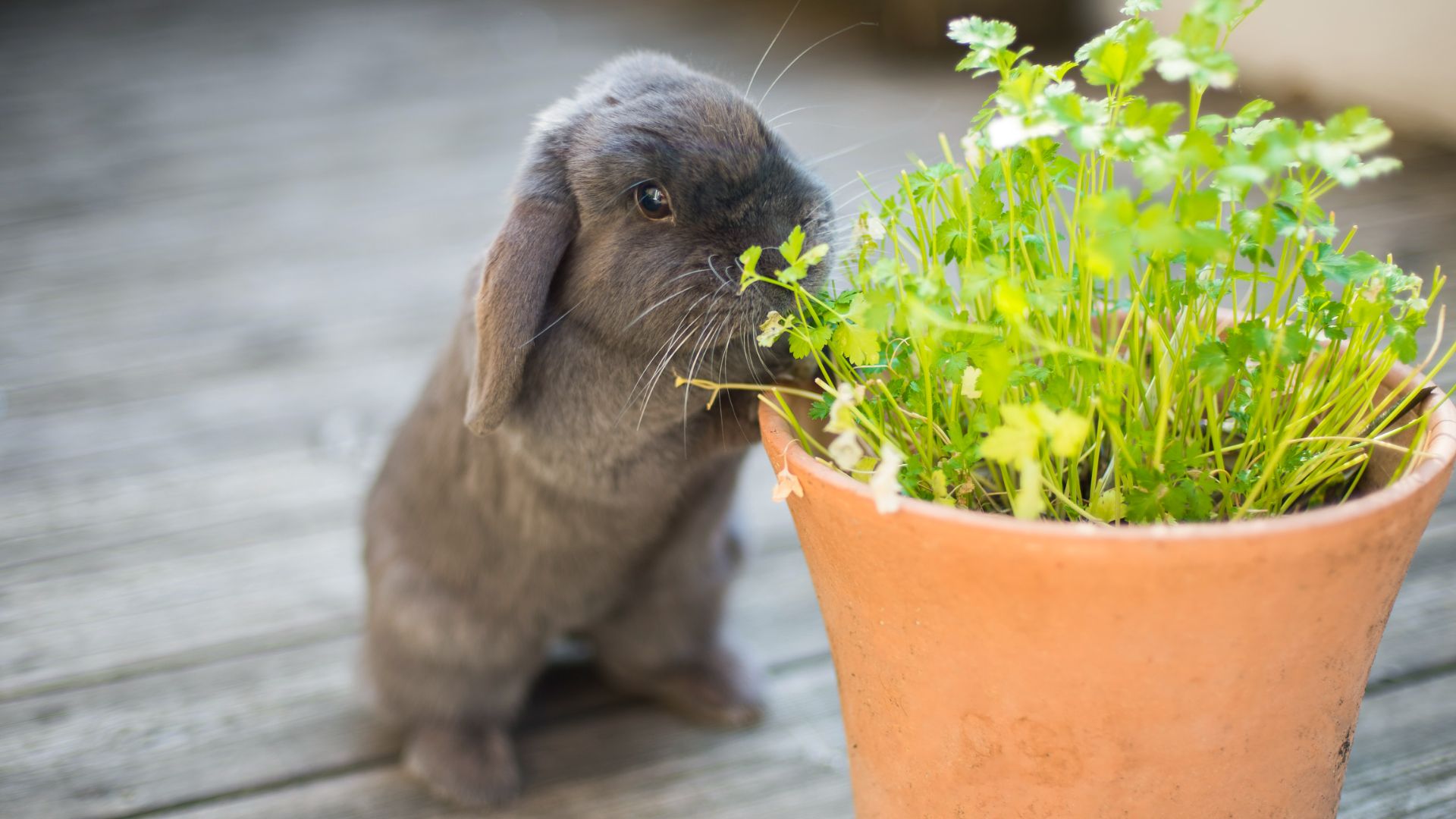
For an animal whose diet mainly consists of grass, there are a lot of outdoor plants that they should not eat. Dr. Rebecca MacMillan advises that rabbits should avoid most outdoor plants as they can be poisonous to not just rabbits other pets as well. So what plants are poisonous to rabbits? Dr. MacMillan lays it out for us.
She says to avoid flowering plants, such as daffodils, tulips, irises, and crocuses, and to take particular care that your rabbit does not eat their bulbs. She says, "Any part of the plant is toxic and can cause extreme irritation to the digestive tract. Toxins are most concentrated in the bulb, so these should be kept out of areas where your rabbit is likely to dig or graze."
We know that the key to rabbit care is knowing how to bunny-proof a room. But this doesn't include just your house, but the backyard as well. So in addition to flowering plants, there are a few others that should be out of your rabbit's reach.
Other plants to avoid
- Privet hedges
- Rhododendron
- Holly
- Ivy
- Buttercups
- Poppies
Small Pet Select Second Cut Timothy Hay Small Animal Food
Timothy Hay offers premium quality hay for your bunny. Each box is hand-picked and provides your pet with the essential fiber they need for a healthy diet.
Dr. MacMillan goes on to say, "Some garden plants can even be fatal including yew trees, foxgloves, and deadly nightshade so these should be removed from your garden to avoid an accident from happening."
Get the best advice, tips and top tech for your beloved Pets
Rabbit owners should also consider indoor plants when rabbit-proofing their homes. Dr. MacMillan notes that the list of poisonous indoor plants is very long but the main ones include, aloe vera, peace lilies, and Swiss cheese plants. As there are few houseplants that are actually safe for rabbits, it's best to make sure they are all out of their reach.
What should we feed a rabbit?
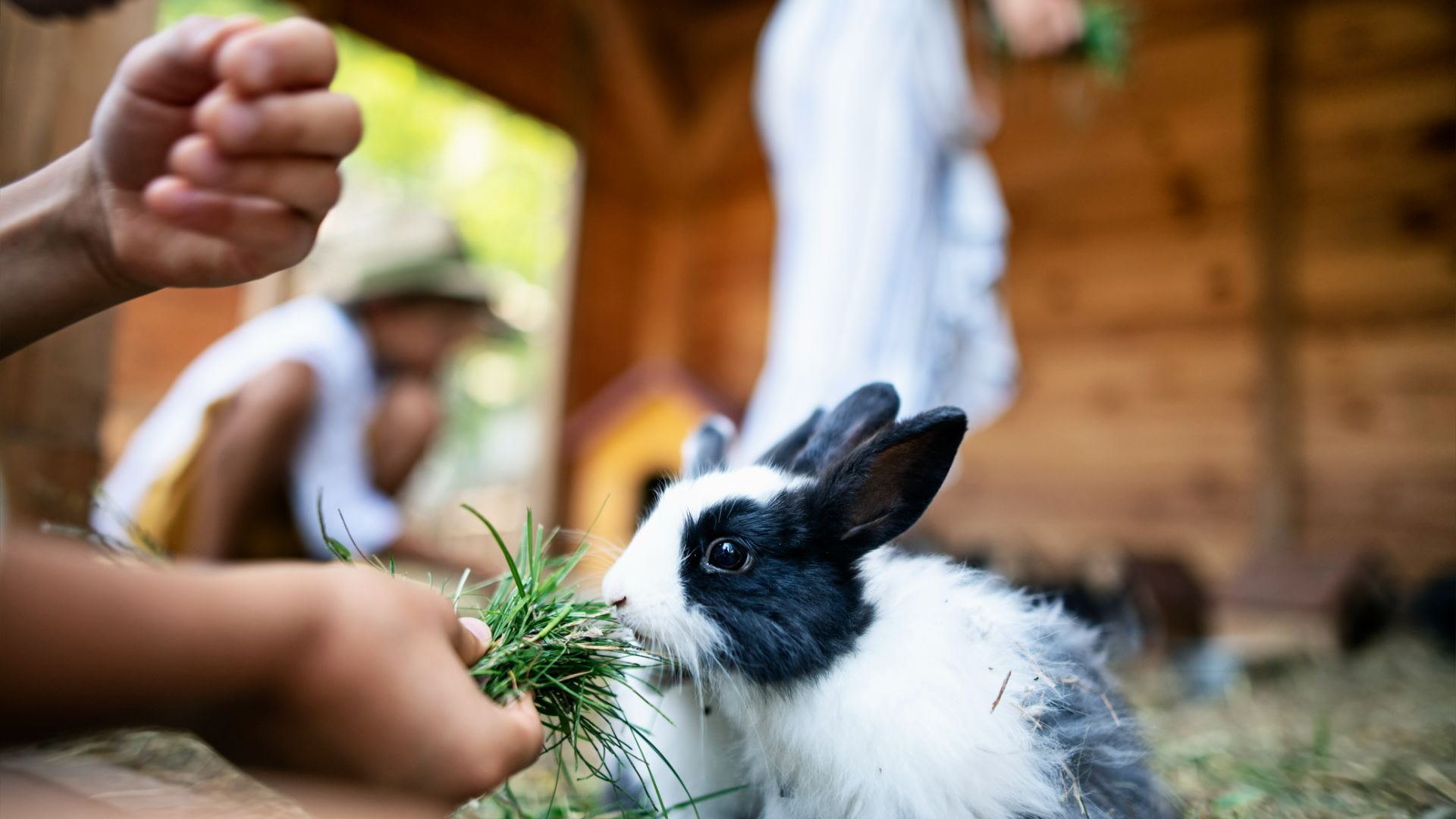
While grass should be their main diet, you can also add in some leafy green vegetables and herbs. Parsley, dill, cilantro, and basil can safely be given to your bunny. It is also safe to include rabbit pellets into their daily diet but not too many.
Dr. MacMillan also notes that some weeds are safe for your bunny to consume. "Nettles and dandelion leaves are perfect for rabbits to enjoy, and they can be quite partial to them. Rabbits don’t seem to suffer from stings or irritation when enjoying nettles. Just make sure that anything you offer your pet hasn’t been treated with weedkiller."
Kaytee Timothy Complete Pelleted Rabbit Food
A nutritious choice, this rabbit food includes prebiotics and probiotics to support digestive health. It contains no loose seeds or sugary fruits, a healthy snack for your rabbit to be sure.
If you found this feature helpful check out 32 facts about rabbits that might surprise you.

Our staff writer, Alexis, is a digital content specialist and passionate pet advocate with a background in lifestyle journalism. Raised in a lively home filled with cats, dogs, and fish, she channels her lifelong love for animals into creating helpful, research-driven content for pet parents.
She collaborates with veterinary professionals to ensure accuracy and is currently pursuing additional pet care certifications.
A graduate of Bowling Green State University, Alexis has contributed to major UK and US publications, including Daily Mail, Space.com, and Black Women Rising Magazine.
